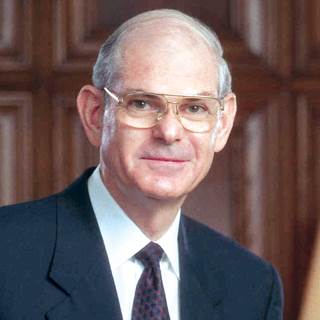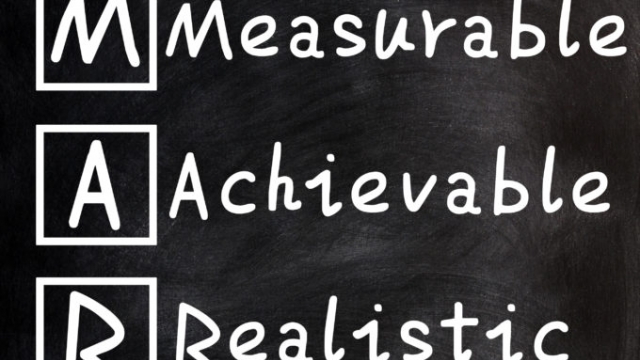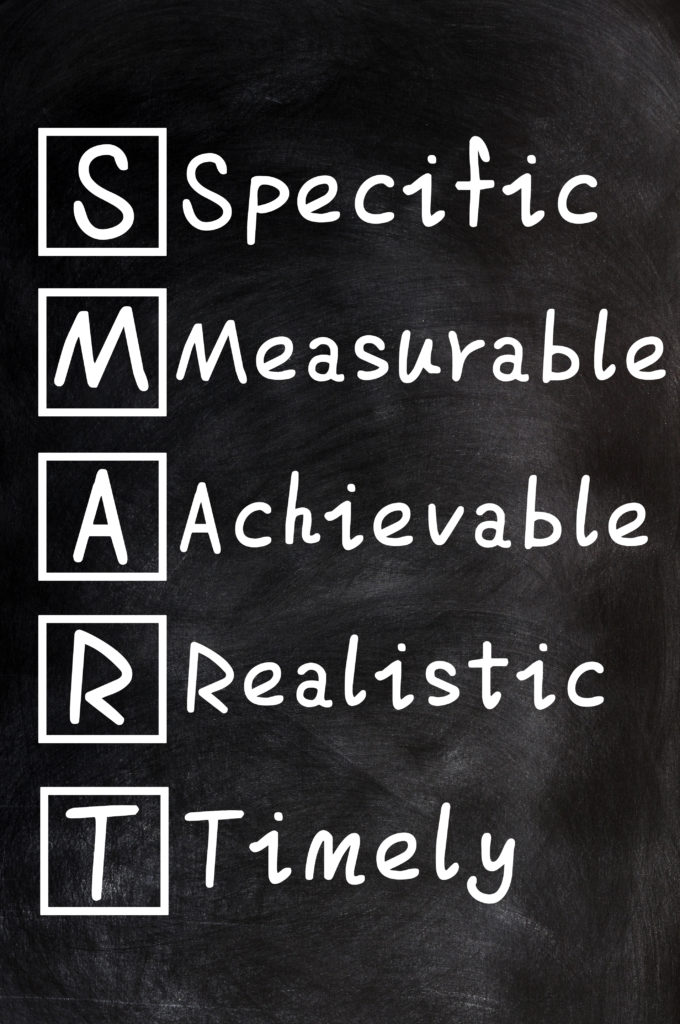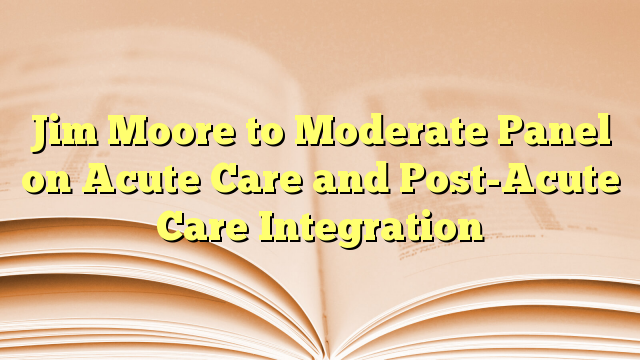When was the last time you pulled out your company policy and procedures manual? When was the last time you actually looked at or read your company policies? We always hope that operations are carrying on smoothly enough that we don’t NEED to refer to them. But, it is a good idea to review company policies on a regular and frequent basis.
 Your company policy and procedure manual should be considered a living document that grows, develops, and changes as dictated by the operating environment as well as relevant laws, evolving regulations and corporate missions. Have you provided your employees a written copy of your policies with appropriate training and explanation? Have you provided and explained your policies and procedures to your residents?
Your company policy and procedure manual should be considered a living document that grows, develops, and changes as dictated by the operating environment as well as relevant laws, evolving regulations and corporate missions. Have you provided your employees a written copy of your policies with appropriate training and explanation? Have you provided and explained your policies and procedures to your residents?
Along with periodic reviews and revisions by company executives and management, it is a good idea to also cover these policies with new as well as existing employees on a regular basis. While you can have the best collection of company policies written, if employees are unaware of their existence or not sure how to interpret them, the policies will be useless. Policy clarification is essential as interpretation can vary from employee to employee. Consider doing this review, revision (if necessary) and training on a yearly basis.
It is also a good idea to solicit feedback to real world situations employees may encounter during normal and abnormal operating conditions. Role playing and “what if” scenarios can serve as effective, interactive training. The more your policies are discussed with employees, the greater understanding they will have or at least have the chance to ask clarifying questions. Even the best written policies will be open to interpretation by employees both in normal operation and crises situations, and policies that are interpreted to liberally or too narrowly can be detrimental to the company, your employees, and your residents.
MDS can help with your policy and procedure development and review. We can conduct an executive retreat to address outdated policies, help you develop employee training and provide you resources for use during training.
















